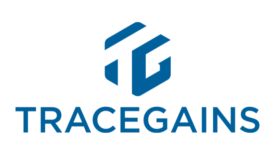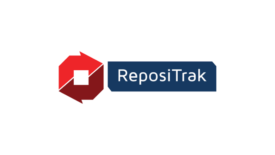Supply Chain
The transportation of bulk food within supply chains presents unique risks, particularly regarding the cleaning processes between loads in different countries and organizations
Read More
Traceability as a Tool Versus an Answer
Traceability means that one can identify not only the source of the ingredients, but also a whole set of inputs—the entire history of what went into making the product
April 3, 2025
Never miss the latest news and trends driving the food safety industry
eNewsletter | Website | eMagazine
JOIN TODAY!Copyright ©2025. All Rights Reserved BNP Media.
Design, CMS, Hosting & Web Development :: ePublishing











